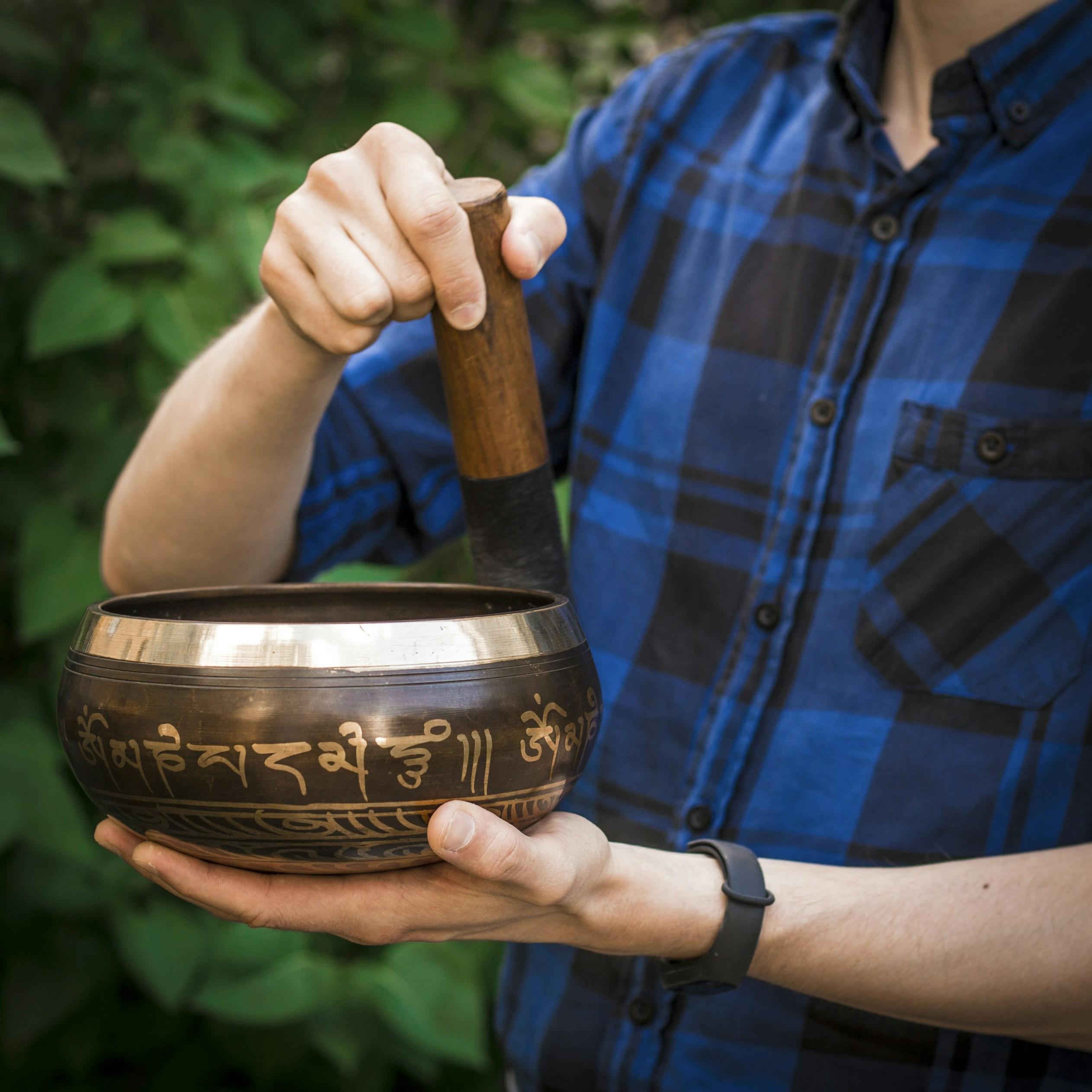In the modern labyrinth of mental health care, where traditional counseling has long been the guiding compass, an intriguing question emerges: can alternative therapies offer a more effective path? As society increasingly embraces holistic approaches, the boundaries between conventional and unconventional treatments blur, inviting both curiosity and skepticism. This exploration delves into the myriad of alternative therapies—ranging from mindfulness and acupuncture to art and music therapy—and their potential to complement or even surpass the benefits of traditional counseling. Join us as we navigate this complex landscape, seeking to understand whether these innovative methods hold the key to unlocking deeper healing and transformation.
Exploring the Landscape of Alternative Therapies
In recent years, the quest for mental well-being has led many to explore beyond traditional counseling methods. Alternative therapies such as mindfulness meditation, art therapy, and acupuncture have gained popularity for their holistic approach. These therapies focus on the mind-body connection and offer unique benefits that might complement or, in some cases, surpass conventional methods.
- Mindfulness Meditation: Encourages present-moment awareness and reduces stress.
- Art Therapy: Utilizes creative expression to explore emotions and improve self-esteem.
- Acupuncture: Aims to balance energy flow and has been reported to alleviate anxiety and depression.
While traditional counseling provides structured guidance and cognitive techniques, alternative therapies offer personalized experiences that cater to individual needs. The choice between these approaches often depends on personal preference and the specific mental health challenges one faces.

Comparing Efficacy: Traditional Counseling vs. Holistic Approaches
When it comes to addressing mental health issues, both traditional counseling and holistic approaches offer unique benefits. Traditional counseling, such as cognitive-behavioral therapy (CBT), focuses on evidence-based techniques and structured sessions. This method often provides clear strategies and measurable outcomes, making it a reliable choice for many individuals.
In contrast, holistic approaches incorporate a variety of techniques that aim to treat the individual as a whole. These can include:
- Mindfulness and meditation: Enhances self-awareness and reduces stress.
- Yoga and movement therapy: Combines physical activity with mental relaxation.
- Herbal remedies: Utilizes natural substances to support mental wellness.
Holistic therapies often emphasize balance and interconnectedness, offering a more personalized experience. While traditional counseling provides structured guidance, holistic methods may resonate more with those seeking a comprehensive approach to mental health.

Personalized Healing: Finding the Right Fit for Mental Wellness
In the realm of mental wellness, the journey towards healing is as unique as the individual embarking on it. While traditional counseling remains a cornerstone for many, alternative therapies offer a diverse array of options that can be tailored to personal needs and preferences. These therapies often emphasize holistic approaches, addressing not just the mind but also the body and spirit. For some, integrating these methods can lead to a more balanced and fulfilling healing experience.
Consider the following alternatives that might complement or enhance traditional methods:
- Mindfulness and Meditation: These practices focus on increasing awareness and acceptance, potentially reducing stress and anxiety.
- Art and Music Therapy: Engaging in creative expression can provide a powerful outlet for emotions and foster self-discovery.
- Yoga and Tai Chi: Combining physical movement with meditative practices, these can improve both mental clarity and physical well-being.
- Aromatherapy: Utilizing essential oils, this therapy aims to enhance mood and promote relaxation.
Ultimately, the key is finding what resonates most with you, ensuring a personalized path to mental wellness.

Guidelines for Integrating Alternative Therapies Safely
When considering the inclusion of alternative therapies in your mental health care routine, it’s essential to ensure they complement rather than conflict with traditional methods. Here are some key guidelines to help you integrate these therapies safely:
- Consult Your Healthcare Provider: Before starting any alternative therapy, discuss it with your mental health professional to evaluate potential interactions and ensure it aligns with your existing treatment plan.
- Research and Verify: Investigate the credibility of the therapy and its practitioners. Look for evidence-based studies and certifications to confirm its legitimacy and safety.
- Start Gradually: Introduce new therapies slowly to monitor their effects on your mental health. This approach allows you to identify any adverse reactions or benefits.
- Maintain Open Communication: Keep your therapist or counselor informed about your experiences with alternative therapies to ensure cohesive care and support.
- Listen to Your Body: Pay attention to how your body and mind respond to new treatments, and be prepared to adjust your approach if necessary.





